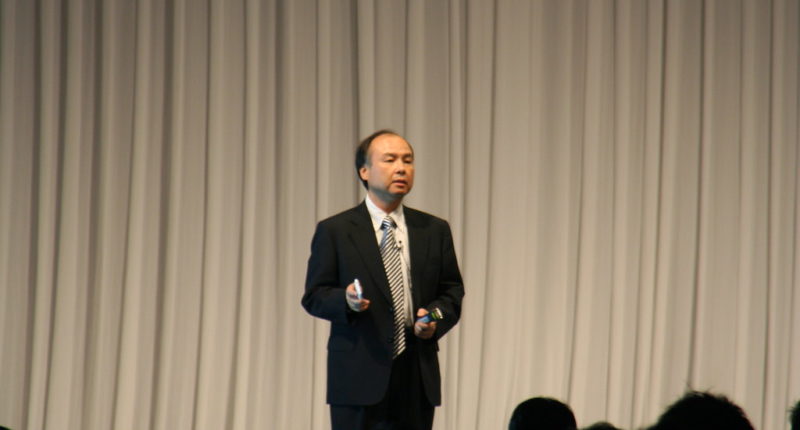Softbank’s hugely publicized Vision Fund 2, a $108 billion mega tech fund that was being pushed across by the Japanese conglomerate as a successor to its previous $100 Billion fund, isn’t going down too well with investors. WSJ reports, citing sources from within the fund, that the fund will not even close half of its intended $108 billion target.
While there are no clear confirmations on the reasons, it is clear that Softbank’s haphazard investments, more so in WeWork and Uber haven’t gone down too well with the fund’s current investors. As a result, not only is the fund failing to reach the halfway mark, most of the money that is coming is largely Softbank’s own.
This comes after Japanese banks denied Softbank for a $3 billion loan since the company’s loan books with most Japanese banks has already swelled up to the brim.
The consequences of such a dramatic fall, if it does happen, could be detrimental to the global tech startup scene. Softbank has placed billions of dollars in startups across the globe, and has largely been considered as the sole follow up investor in those companies, in case the need arises. That is because of the ballooning valuations of these companies, once again because of the highly bloated investments that the Japanese tech behemoth does.
Within Softbank too, tremors will be felt. Its 500 people investment team for example, could see some large layoffs. According to the WSJ report, most of Softbank’s senior team has started leaving with a slew of them relocating from company HQ to Abu Dhabi. With a big new fund less likely, the firm has discussed doing one-off deals with investors, which would give them a say in how their money would be spent, and it has started a hedge fund, according to people close to the fund.
Apart from fund’s financial woes, there seem to be frictions between Softbank CEO Masayoshi Son and Vision Fund head Rajeev Misra. According to the report, Son sees himself as a tech visionary, and is focused on raising a second fund while Misra is willing to do one-off deals and is also behind the hedge fund, run by a close associate, that buys and sells public stocks.
These developments are in stark contrasts to what Son had initially proclaimed. Emboldened by commitments largely from Saudi Arabia and Abu Dhabi, Softbank invested heavily from its $100 billion Vision Fund 1. In fact, such was the pace of this investment vehicle, that even before it had finished investing that money, SoftBank said in July it expected to raise more than $108 billion for Vision Fund 2. The fund is by far, the biggest in size and the deal size it does, when it comes to investments in startups.
But ever since it came into existence, Softbank’s investment sizes, valuations and the manner in which they are committed, all of it has been under scrutiny and controversy. The company’s biggest debacle however, came in the form of WeWork. The fund had to write off almost $3.5 billion of its originally invested $4.4 billion in the company. And if that wasn’t enough, the Softbank committed billions more to acquire ownership of WeWork and run it as its own.
In November last year, after announcing a massive $8.9 billion loss in Vision Fund, Son had admitted, “My investment judgment was poor in many ways and I am reflecting deeply on that”. He also admitted to have turned a blind eye towards the problems with Adam Neumann’s WeWork, especially in areas of corporate governance.

1 comment
Comments are closed.